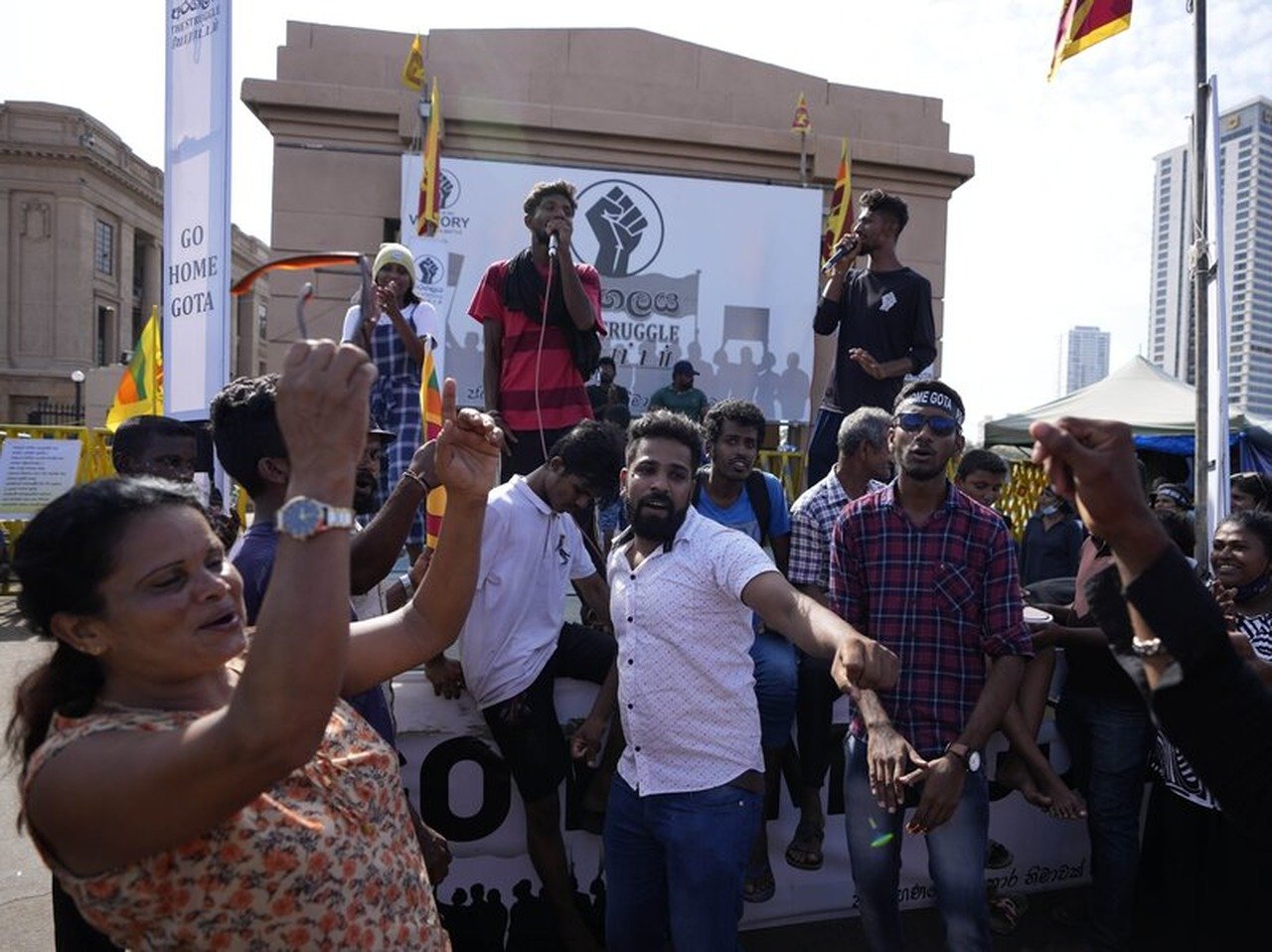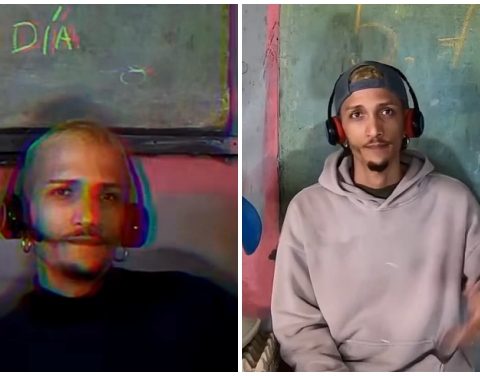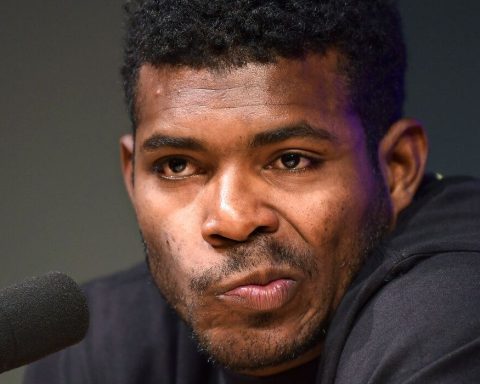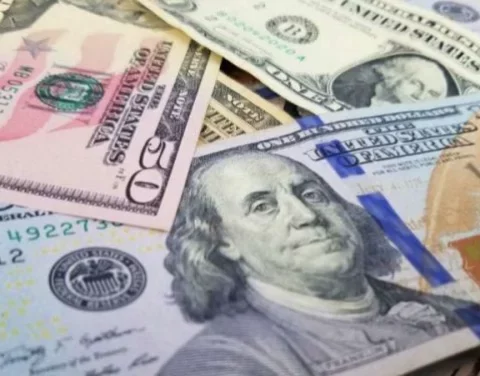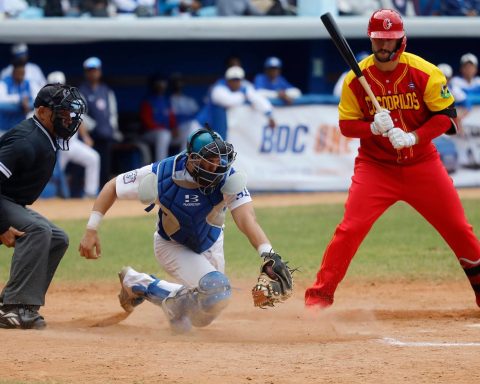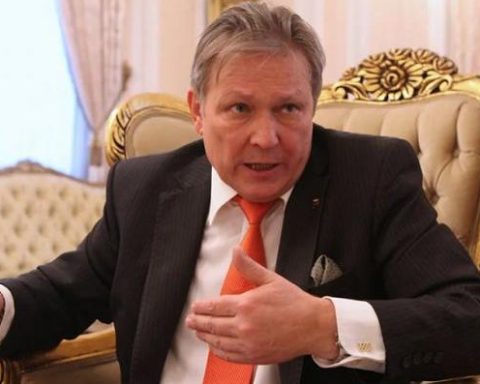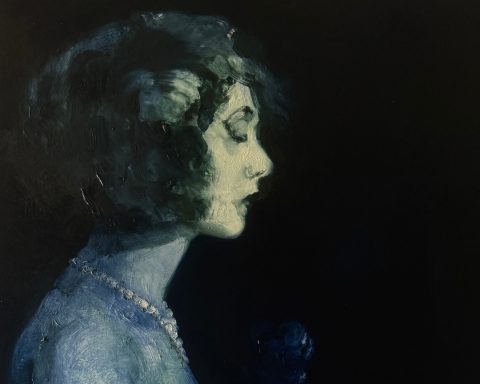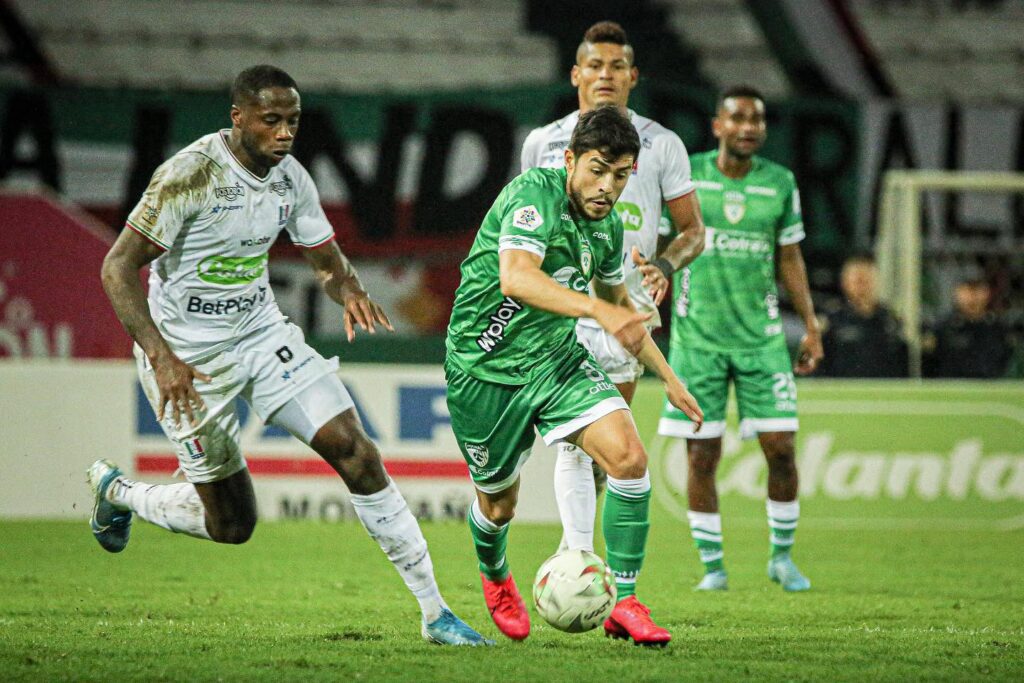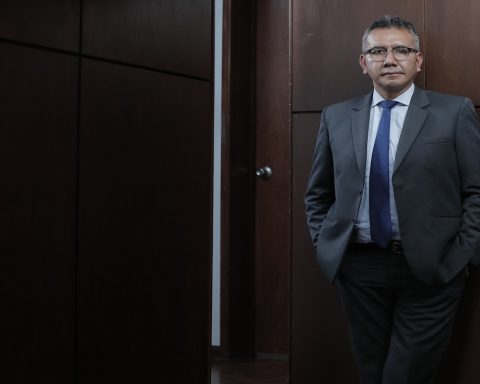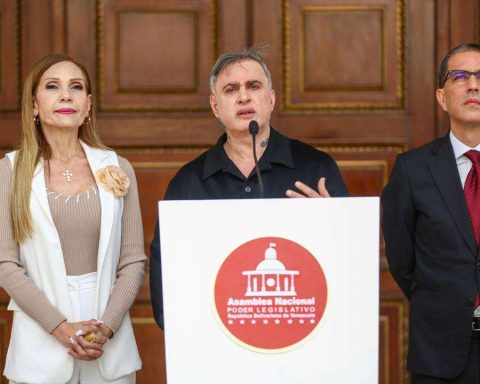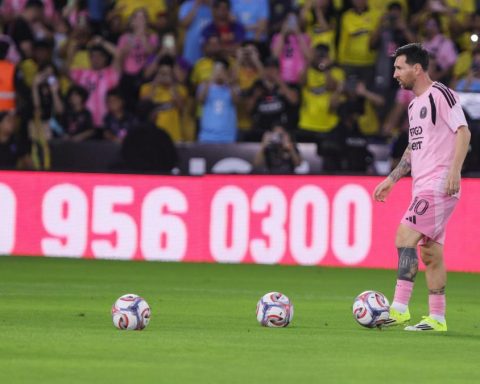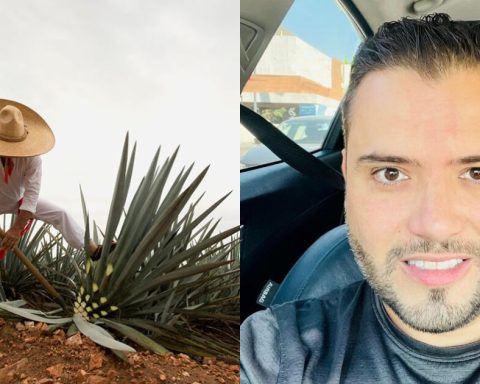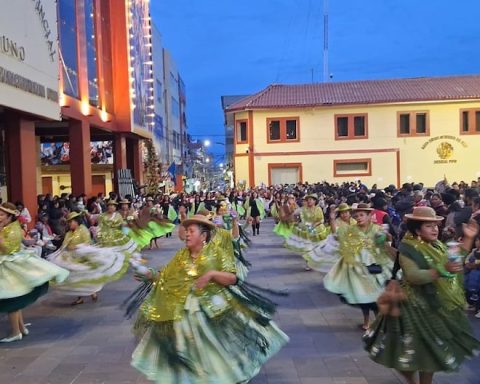The bizarre escape of the still president of Sri Lanka, Gotabaya Rajapaksa has all the ingredients for an excellent film.
He escaped through a tunnel in the basement of the presidential palace, where he was surrounded by thousands of protesters demanding his head in the largest popular uprising the country has ever documented. The president appeared at the airport, but the customs officials did not want to attend to him. They sent him to stand in line, like all the other passengers. But Rajapaksa was afraid that they would violently reject him. He missed three commercial flights to Dubai, his first chosen destination.
At dawn he ended up taking refuge in a Navy base that, finally, lent him a dilapidated Soviet-era Antonov 26 that left him three hours later in the Maldives. Since then he lives in an undisclosed location protected by local authorities.
The nation he left doesn’t really care much anymore. A nation reeling from economic chaos into further political turmoil. Protesters demanding a change in leadership now turned their anger on Prime Minister Ranil Wickremesinghe and stormed his office. But he was not intimidated and remains in office. By the Constitution he must be appointed provisional president.
Although Gotabaya Rajapaksa, who escaped with his wife and two bodyguards, signed the document naming Wickremesinghe interim president, the reality is that, according to Sri Lankan television, the opposition wants to have a say in the matter but, despite two days of meetings, has failed to agree. The president fled because if he stayed and submitted his resignation while in the country, he risked being arrested. In Sri Lanka, leaders only have immunity while they hold office.
That seemed to further anger passions on the island, gripped for months by an economic collapse that has led to severe shortages of food, fuel, jobs and street safety.
But Prime Minister Wickremesinghe went on television to reiterate that he would not leave until a new government is in place and urged the Speaker of Parliament to find a new Prime Minister acceptable to both the government and the opposition as soon as possible.
Although he absconded at dawn, Rajapaksa has yet to officially resign, but the parliament speaker said he assured him he would do so later on Wednesday. As of Wednesday evening in Colombo, the capital, this had not yet happened.
The political impasse only threatened to worsen the bankrupt nation’s economic collapse, as the absence of an alternative government could delay a long-awaited International Monetary Fund bailout. Meanwhile, the country survives with the help of neighboring India and China.
underactive police
In the streets, the security forces appeared to give up, with some withdrawing from the area and others simply standing around the invaded presidential compound. Inside the building the mood was one of celebration as people lounged on fancy sofas, watched TV and held mock meetings in conference rooms. Some wandered as if touring a museum. Others bathed in the pool.
“We will cook here, we will eat here and we will live here. We’ll stay until [Wickremesinghe] hand in your resignation,” Lahiru Ishara, 32, a supermarket supervisor in Colombo who has been part of the protests since they began in April, told the AP. “There is no other alternative”.
The chief of the Defense Staff, General Shavendra Silva, made another call for calm on Wednesday, asking the public to cooperate with the security forces. Similar comments in recent days rankled opposition lawmakers, who insisted civilian leaders would be the ones to find a solution. The military must stay out of the discussions.
But as protests intensified Wednesday outside the prime minister’s compound, his office imposed a state of emergency that gives broader powers to the army and police, and declared an immediate nationwide curfew. It was unclear what effect it would have: some ignored it while many others rarely leave their homes due to fuel shortages.
In his television appearance, Wickremesinghe said he had created a committee of police and military chiefs to restore order.
The air force said in a statement that it provided the ramshackle Antonov that took the president to the Maldives with Defense Ministry approval, saying all immigration and customs laws were followed.
The whereabouts of other family members who had served in the government, including several who resigned from their positions in recent months, are unknown.
Assuming the exiled president resigns, Sri Lankan lawmakers have agreed to elect a new president on July 20 who will serve the remainder of Rajapaksa’s term, which ends in 2024. That person could potentially name a new prime minister, who would have to be approved. by Parliament.
